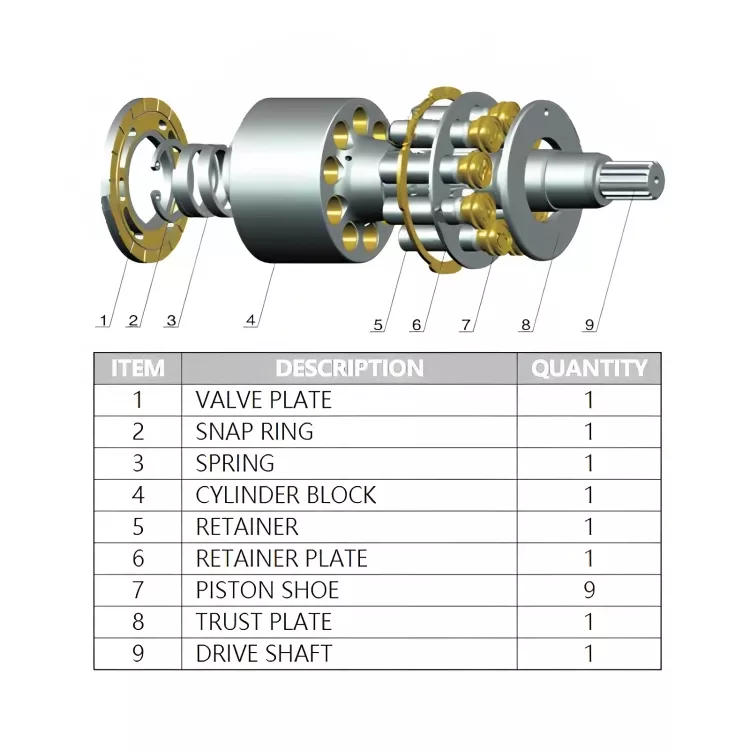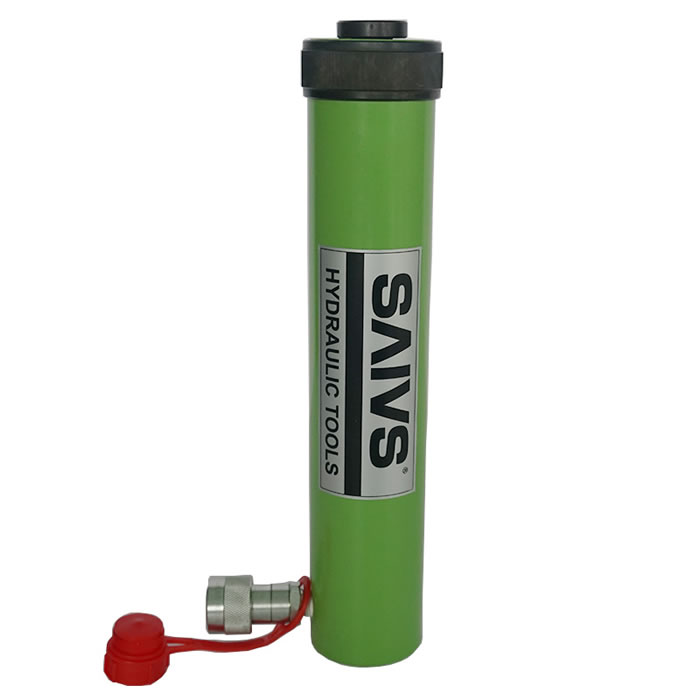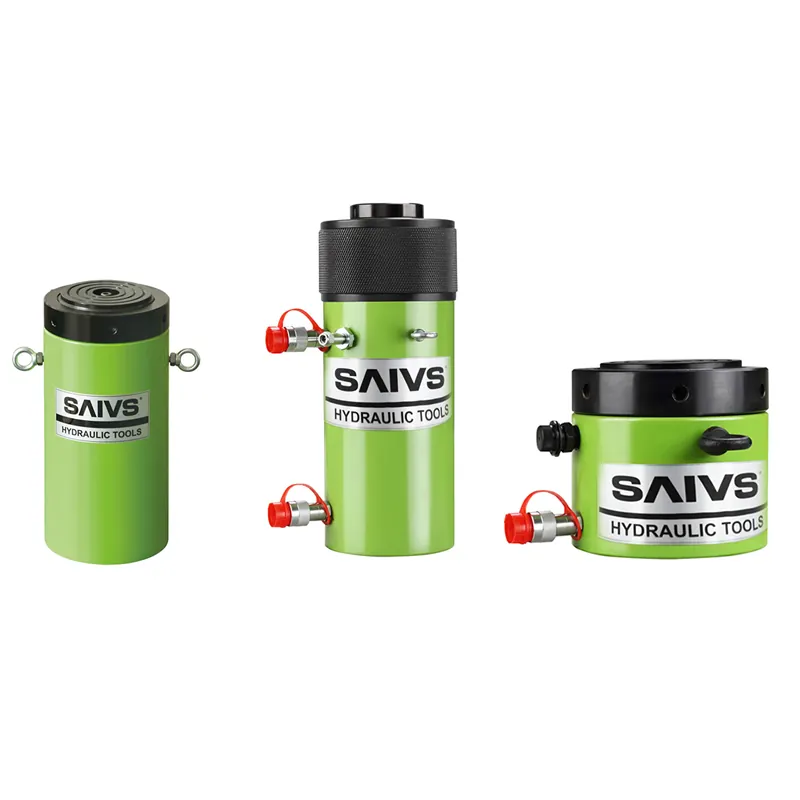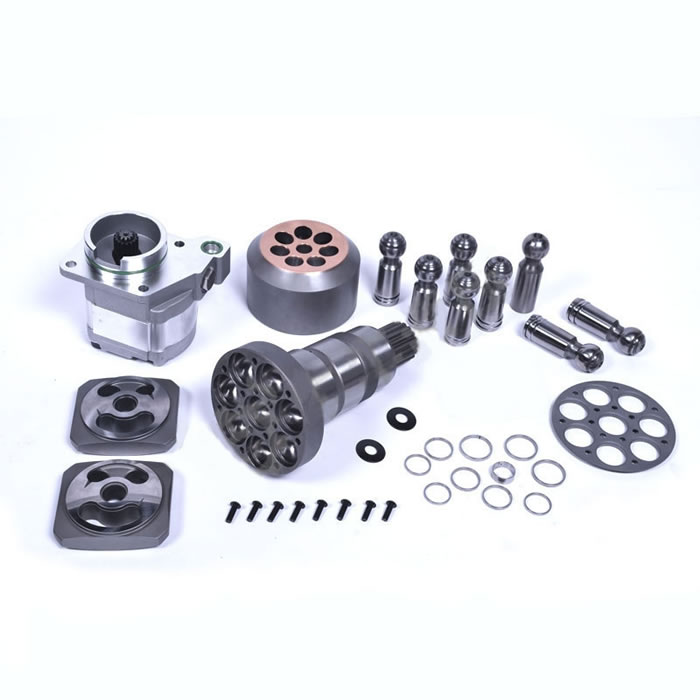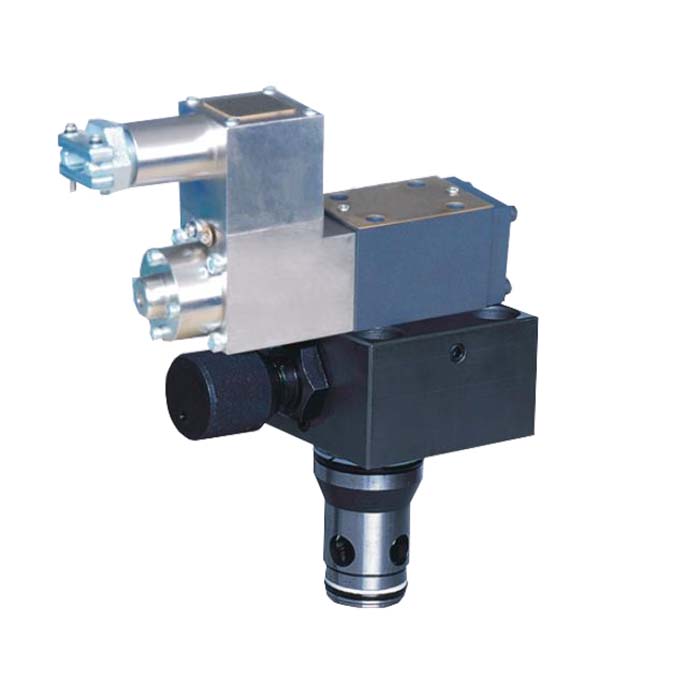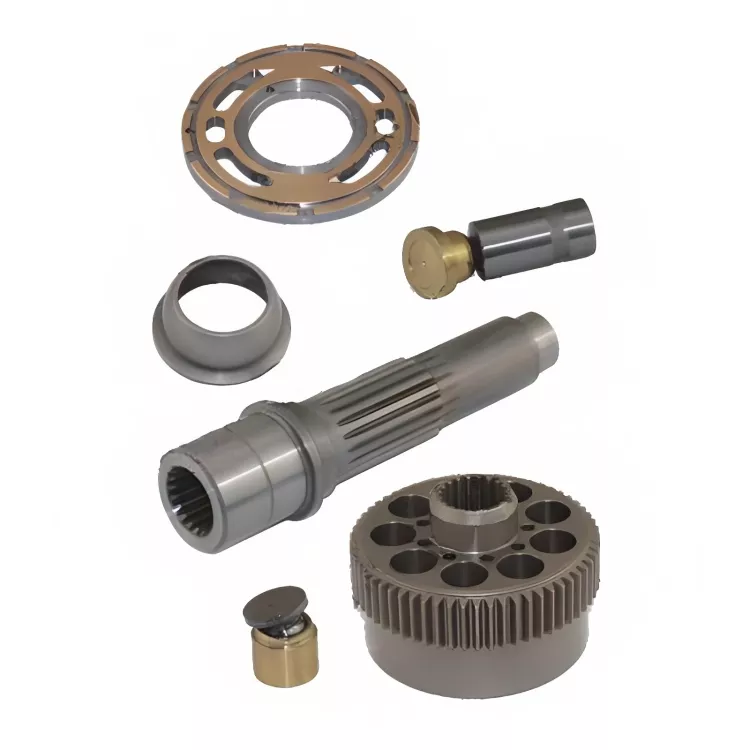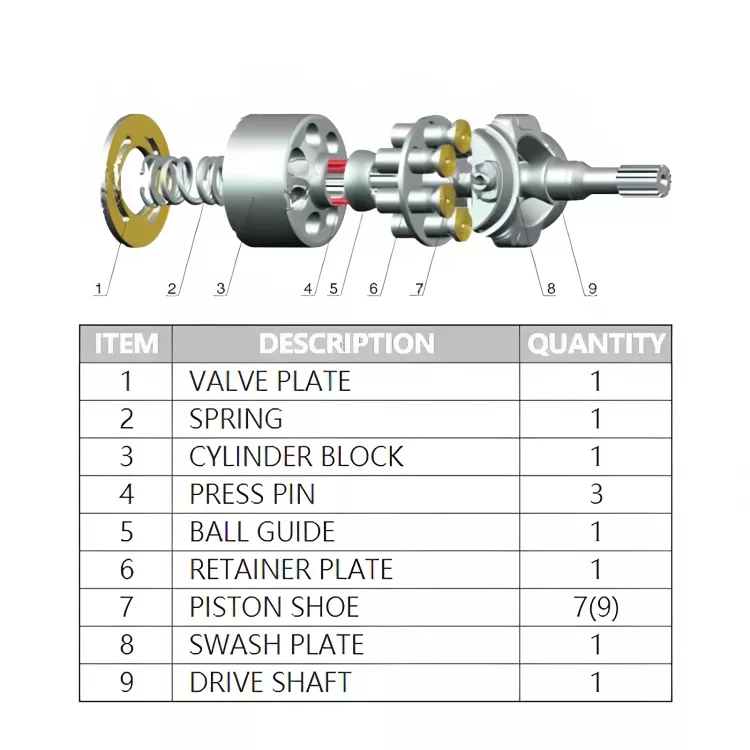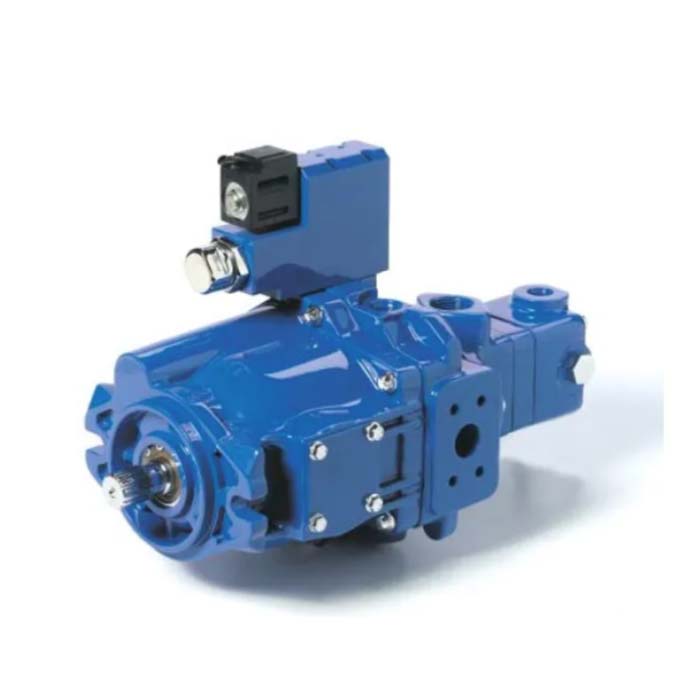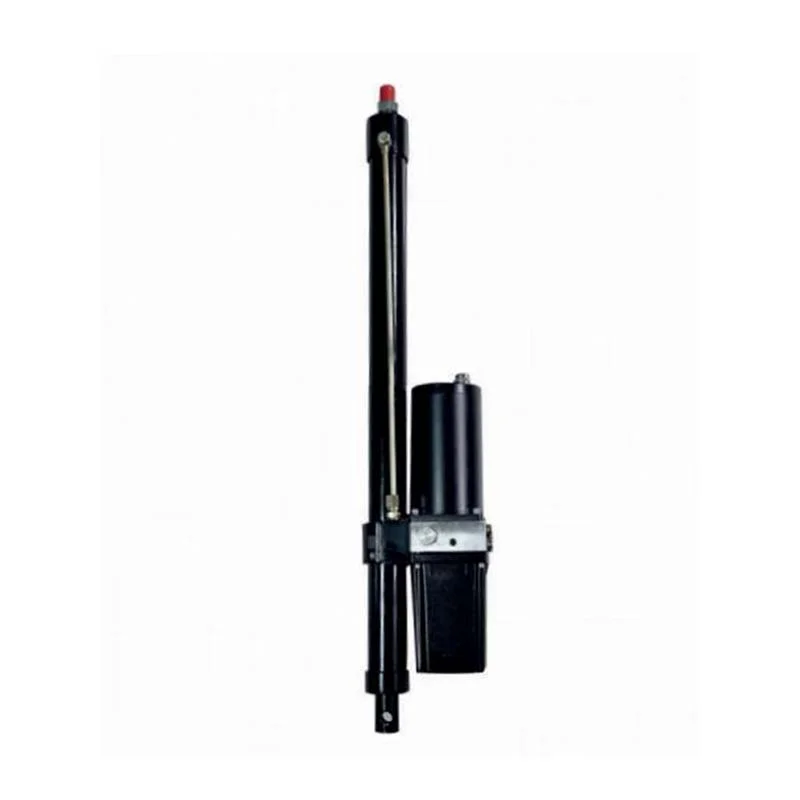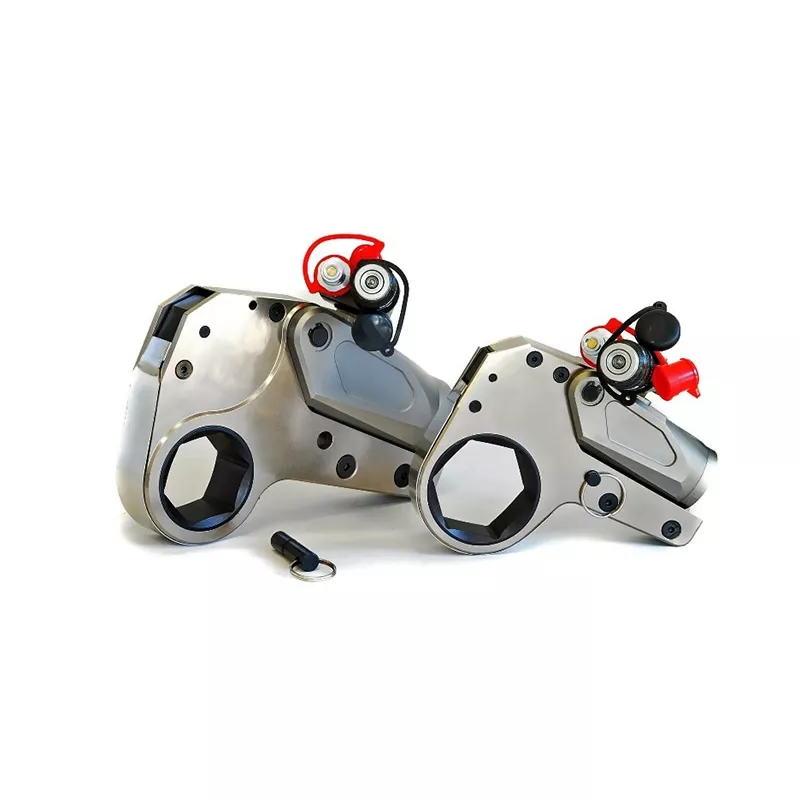6 Signs You May Need To Repair Hydraulic Control Valves
1. Introduction
hydraulic control valves are crucial components in Hydraulic Systems,regulating fluid flow, pressure,and direction.
Their proper operation is essential for the overall efficiency and performance of hydraulic machinery.
However, like any mechanical device, hydraulic control valves are prone to wear and tear,
requiring maintenance and repair to ensure their longevity and optimal functioning.
2. Reasons for hydraulic control valve maintenance
Regular maintenance of hydraulic control valves is crucial for several reasons:
Prevents malfunction and downtime:
Timely maintenance helps identify and address potential issues before they lead to major
breakdowns or system failures, minimizing downtime and costly repairs.
Enhances efficiency and performance:
Proper maintenance keeps valves functioning smoothly, optimizing fluid flow and system pressure,
leading to improved efficiency and overall performance of hydraulic machinery.
Extends service life:
Regular maintenance prolongs the lifespan of hydraulic control valves,
reducing the need for frequent replacements and associated expenses.
3. Indications of hydraulic control valve requiring repair
Several signs indicate that a hydraulic control valve may require repair:
Internal Leakage:
Internal leakage is one of the primary signs that your hydraulic control valve needs repair.
This occurs when the valve fails to seal properly, resulting in fluid leakage within the valve body.
If you notice a drop in hydraulic fluid levels or excessive heat generation,
it's crucial to inspect the valve for internal leaks.
External Leakage:
External leakage is another common indication of a faulty hydraulic control valve.
This occurs when the valve fails to seal properly, causing hydraulic fluid to leak externally.
If you observe any visible fluid leaks around the valve or hydraulic system,
it's essential to address the issue promptly to prevent further damage.
Fluid Temperature Too High:
Elevated fluid temperature can be a sign of a malfunctioning hydraulic control valve.
When the valve fails to regulate the flow of hydraulic fluid properly, it can lead to increased heat generation.
Monitoring the fluid temperature and addressing any significant deviations can help identify potential valve issues.
Valve Malfunction:
A malfunctioning hydraulic control valve can manifest in various ways.
Common symptoms include erratic or inconsistent hydraulic system operation,
unexpected changes in system pressure, or abnormal noises during valve actuation.
If you notice any unusual behavior, it's advisable to inspect the valve for potential malfunctions.
Valve Stuck:
A hydraulic control valve may become stuck due to debris, contamination, or internal component failure.
A stuck valve can disrupt the hydraulic system's functionality and result in reducedperformance or complete system failure.
Regular inspection and maintenance can help identify and resolve valve sticking issues.
Abnormal System Pressure:
An abnormal increase or decrease in system pressure can indicate a problem with the hydraulic control valve.
If the pressure exceeds the recommended limits or fluctuates significantly, it's crucial to investigate
the valve's condition and take appropriate measures to restore normal pressure levels.
4.How to repair hydraulic control valves
Inspection:
The valve is thoroughly inspected to identify the source of the problem.
Cleaning:
Contaminants are removed from the valve and surrounding components.
Verify the repair:
Once you have made a repair, it is important to verify that the problem is fixed.
This can be done by testing the control valve under operating conditions.
Observe and record normal operation:
After you have verified the repair, it is important to observe and record the control valve's normal operation.
This will help you to identify any potential problems that may develop in the future.
Does your control valve need repairing or replacing?
Are you concerned that your Hydraulic valve is malfunctioning?
SAIVS has the skills and knowledge to repair hydraulic valves,
regardless of the cause of the malfunction. If you need help, please contact us!


